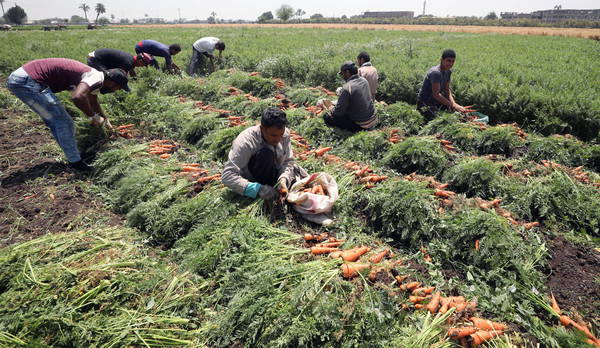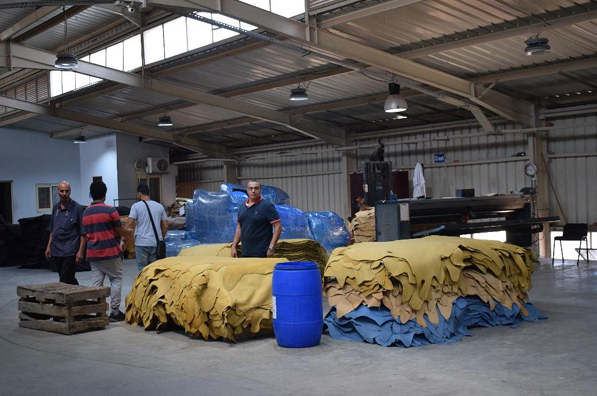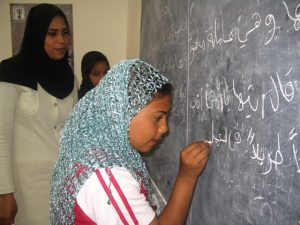The Italian Cooperation has forty years of activity in Egypt, promoting since 1982 projects that help
foster sustainable socio-economic development in the country. Egypt is one of the 22 Priority
Countries for Italian Cooperation, which operates there on the basis of the “Development
Cooperation Framework Agreement” and the “Memorandum of Understanding regarding a New
Development Partnership,” signed in 2010. The Italian Cooperation’s areas of intervention in Egypt
have been identified in agreement with local stakeholders, including the Egyptian Ministry of
International Cooperation, and in harmony with other donors’ programs, particularly in coordination
with the European Union Delegation in Cairo. The areas of intervention are in line with the priorities
of the EU-Egypt Partnership for 2021-2027 and take into account the development sectors identified
by Egypt as priorities within the Egypt vision 2030 document and in the Strategic Framework for the
National Economic and Social Development Plan launched by the Egyptian Ministry of International
Cooperation and the Egyptian Ministry of Planning.
With a committed total of more than EUR 240 million, the work of the Italian Cooperation in Egypt is currently divided into eight areas of intervention that include: (i) rural development, in which Italy stands out for a long and appreciated action, including with a view to food security and the creation of sustainable and inclusive supply chains; (ii) support for the development of the private sector, with particular reference to micro, small and medium-sized enterprises (MPMIs) and the promotion of employment opportunities, especially for young people; (iii) a focus on the social dimension, particularly in support of the most vulnerable population groups such as minor children and people with disabilities; (iv) combating all forms of gender-based violence and supporting the socio economic empowerment of women and girls; (v) migration and development interventions, such as the involvement of the Egyptian diaspora in local development initiatives, the protection and integration of the migrant population, and the prevention of irregular migration; (vi) human resource
development through education and technical and vocational training; (vii) environmental protection; and (viii) the enhancement of Egypt’s cultural and archaeological heritage.
The ongoing and planned initiatives follow up on what has already been achieved in the past years and expand activities in support of the country’s socio-economic development, with special attention to the most disadvantaged and vulnerable segments of the population.


